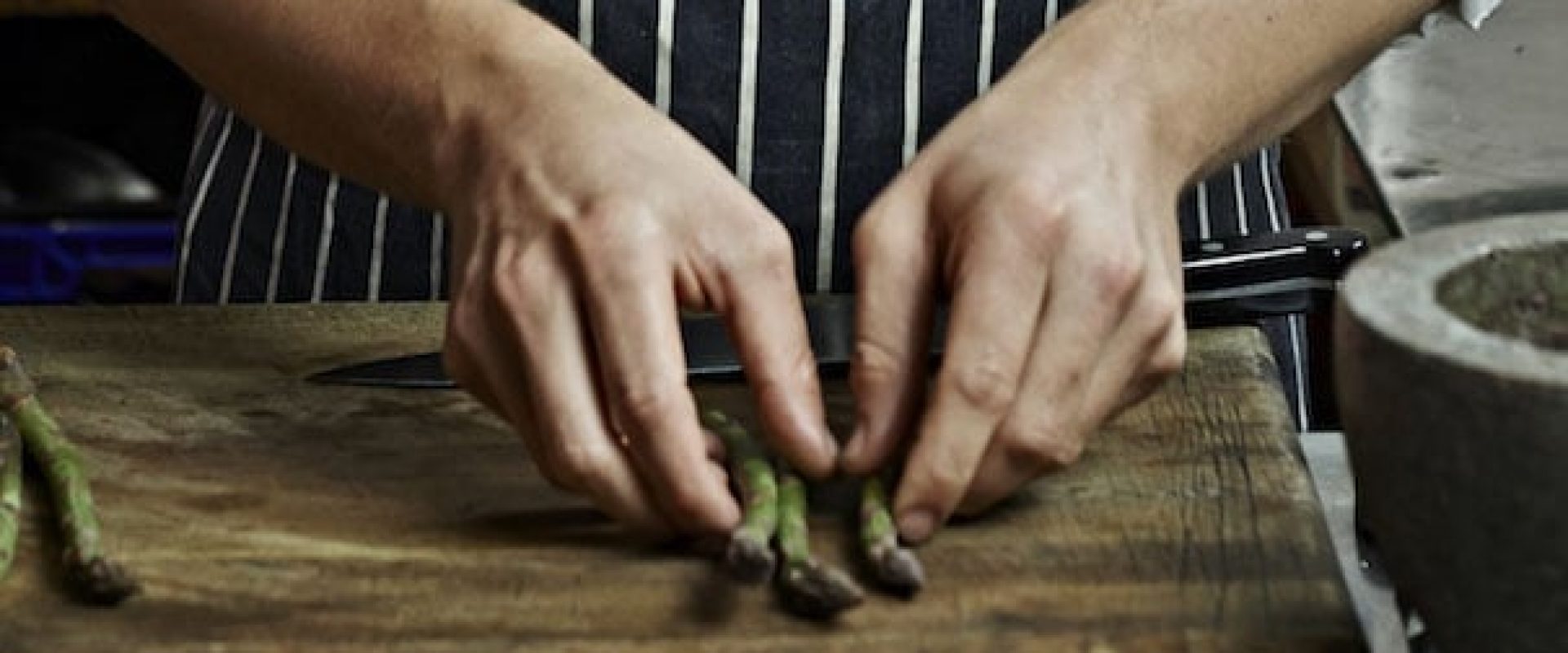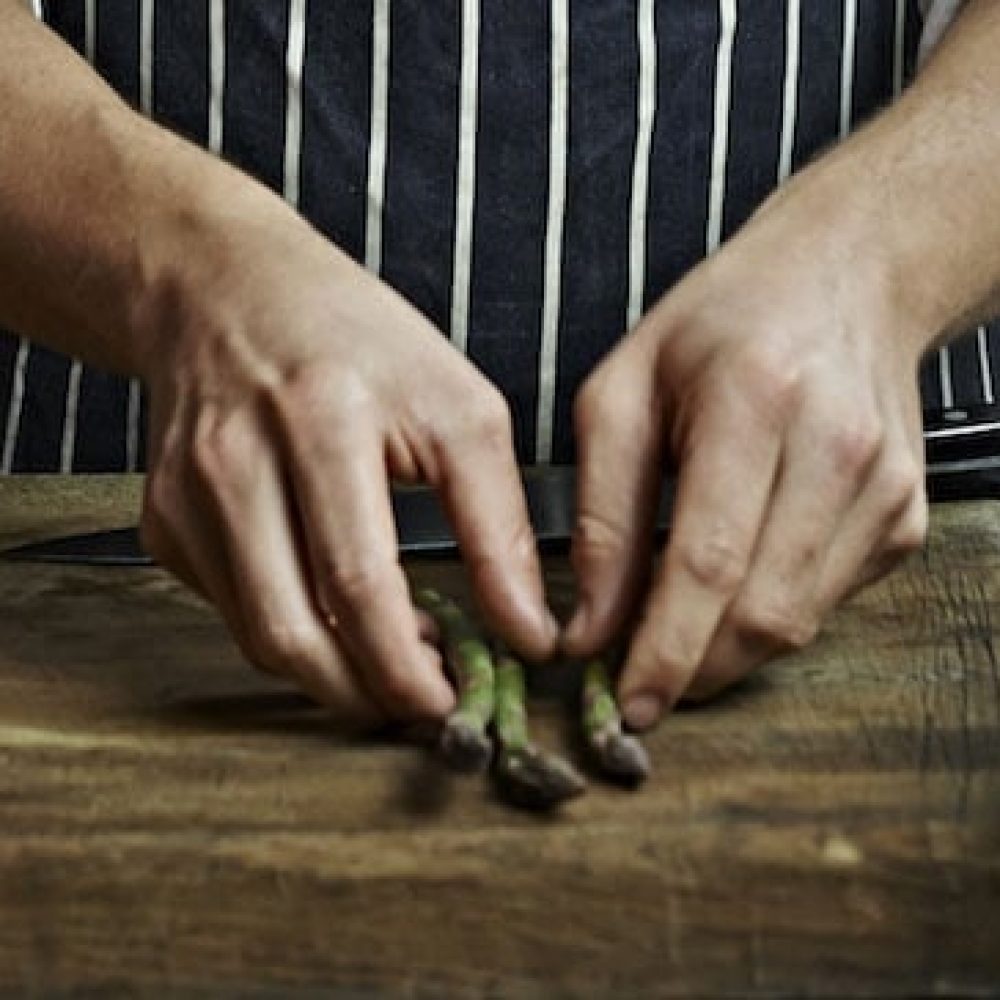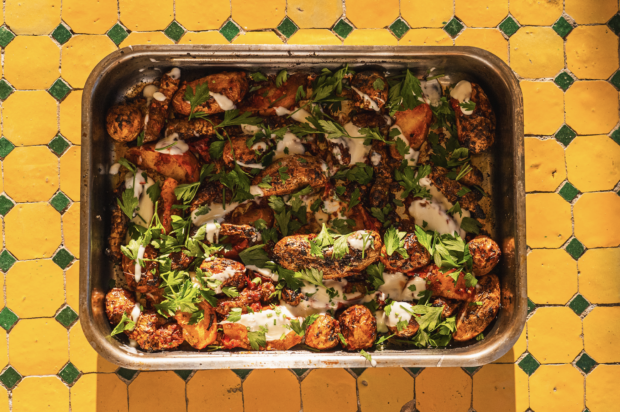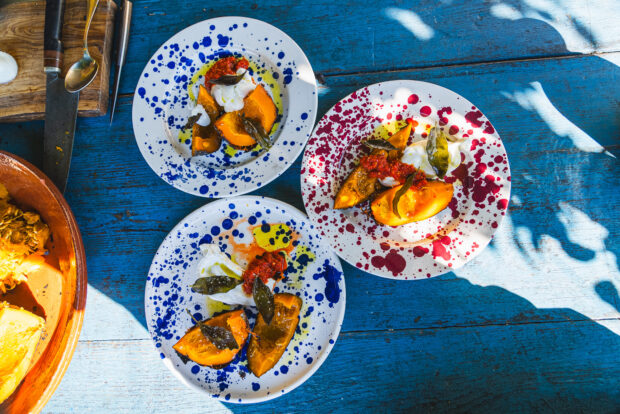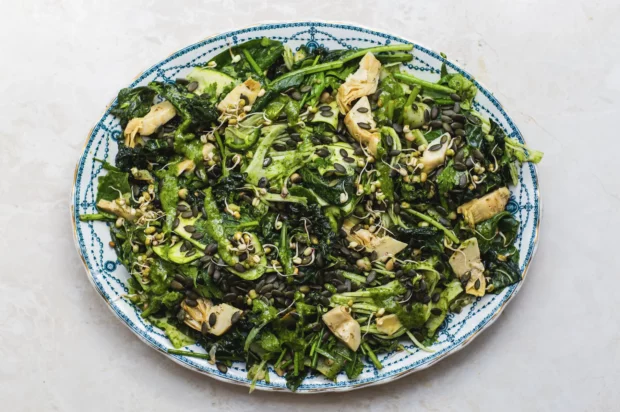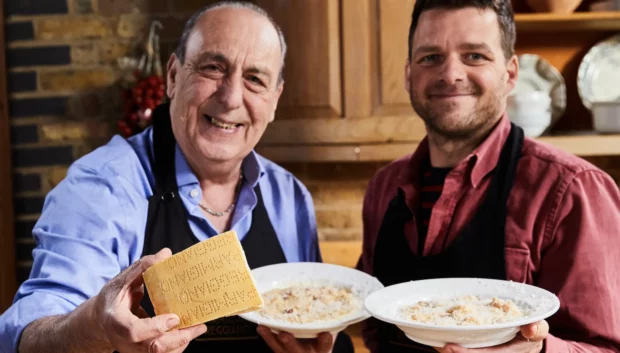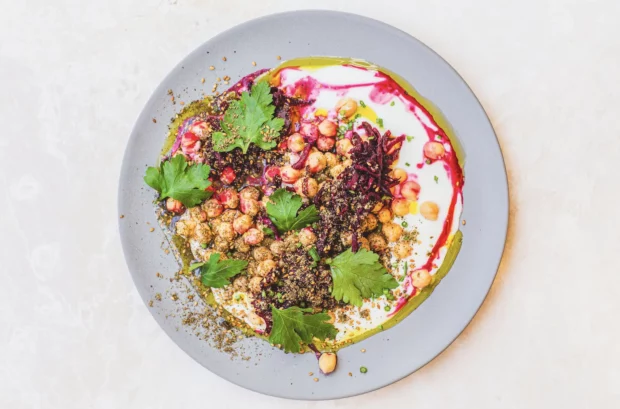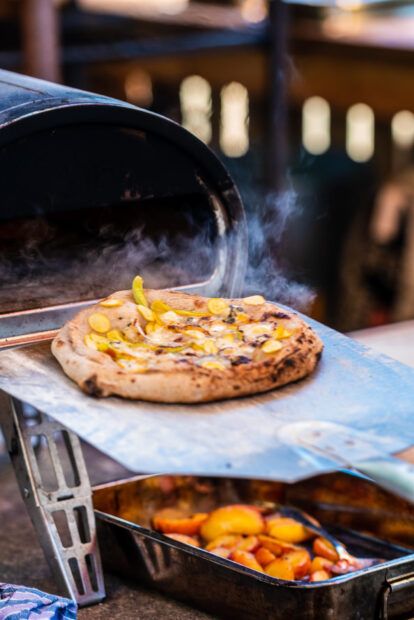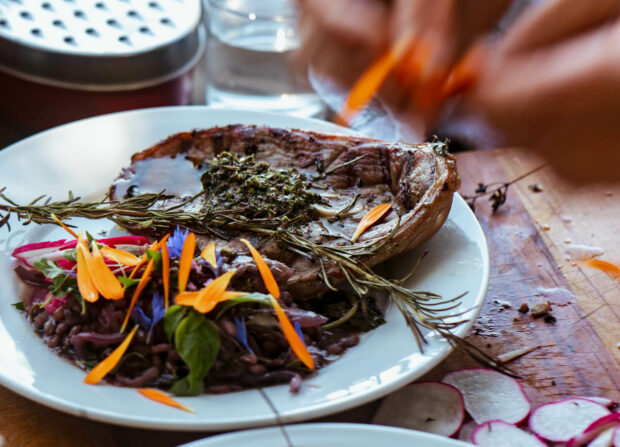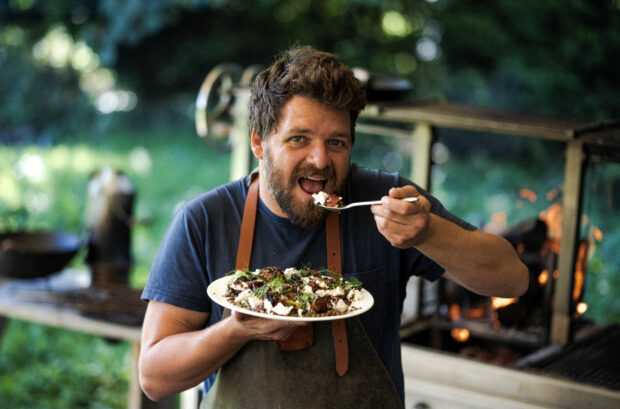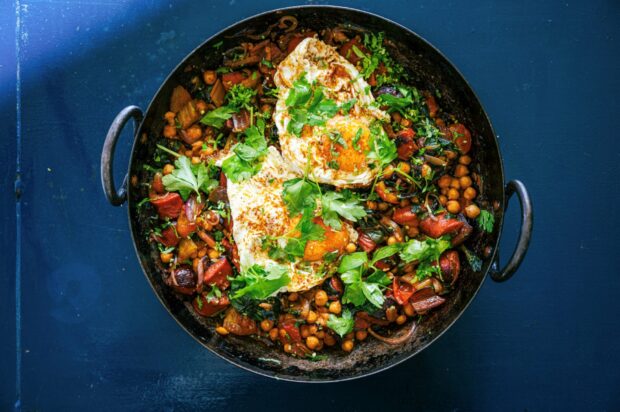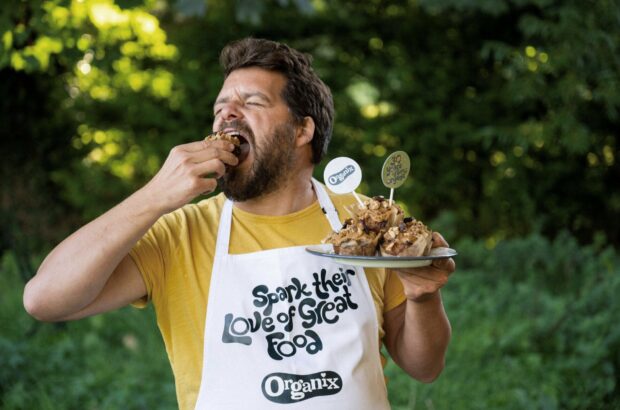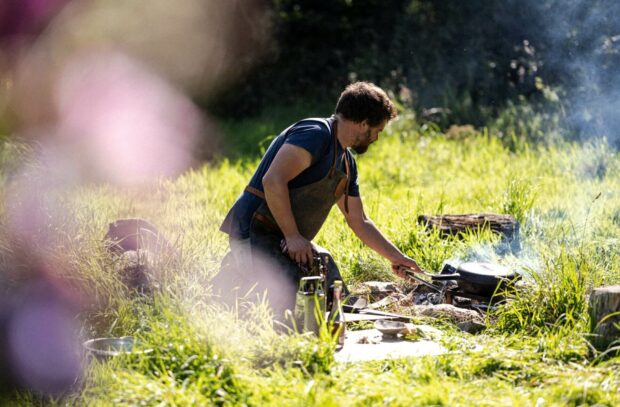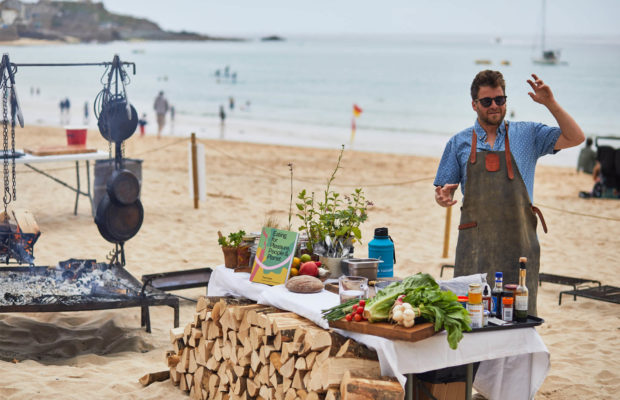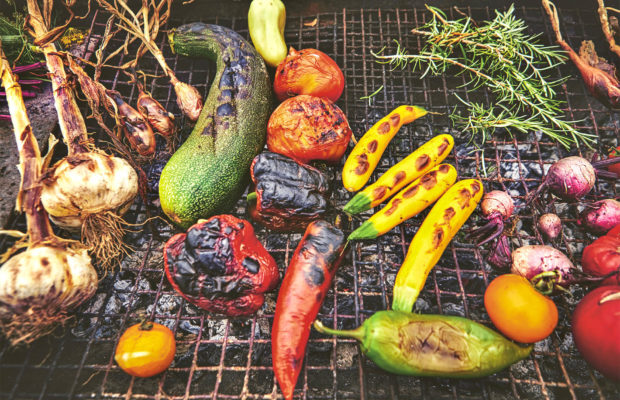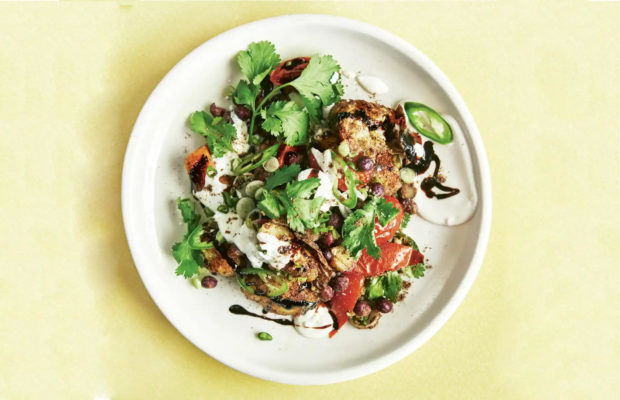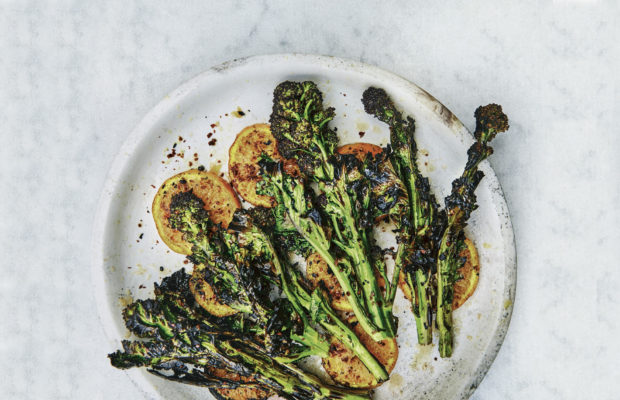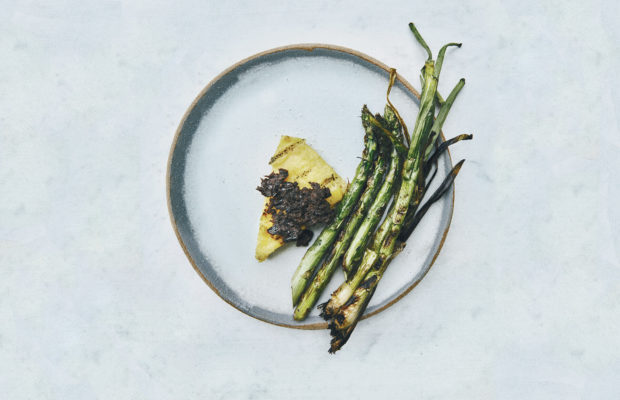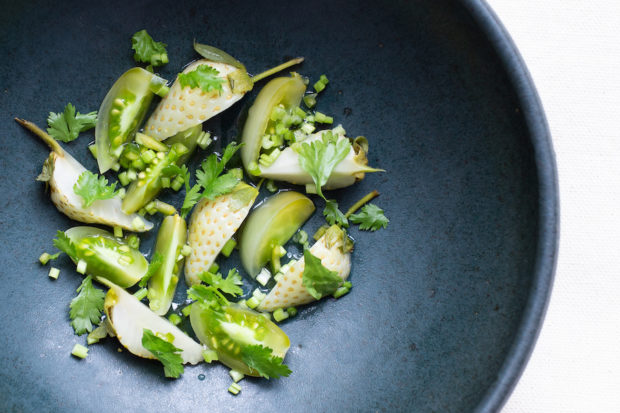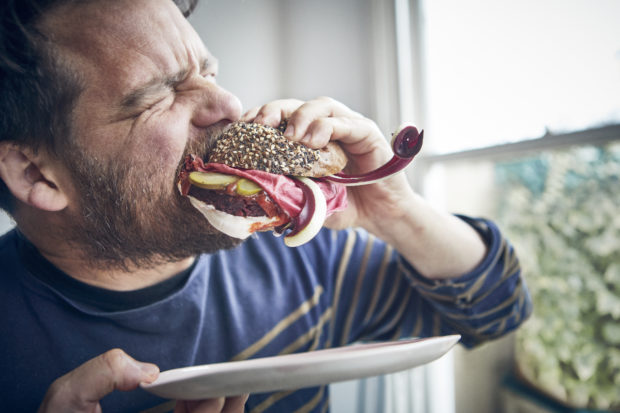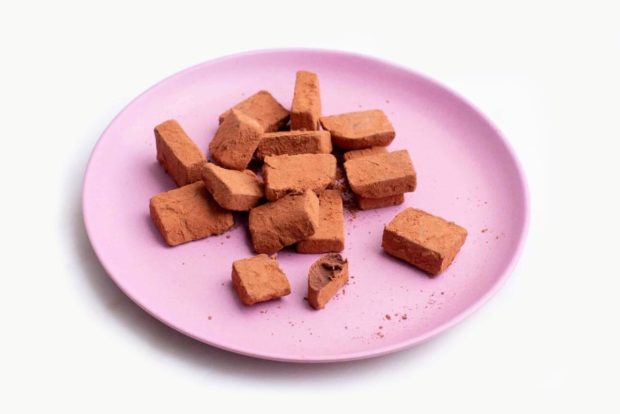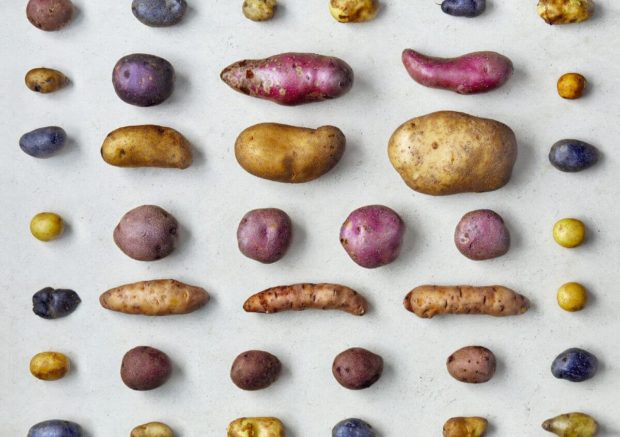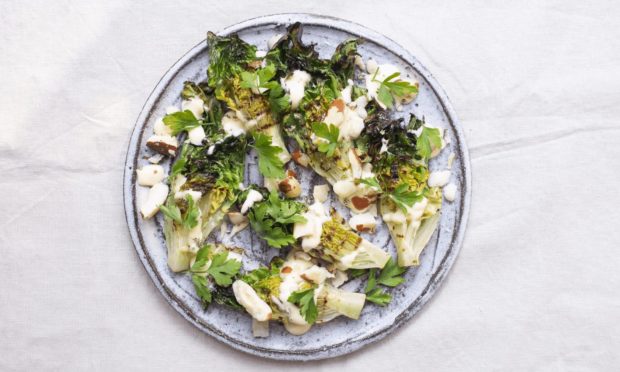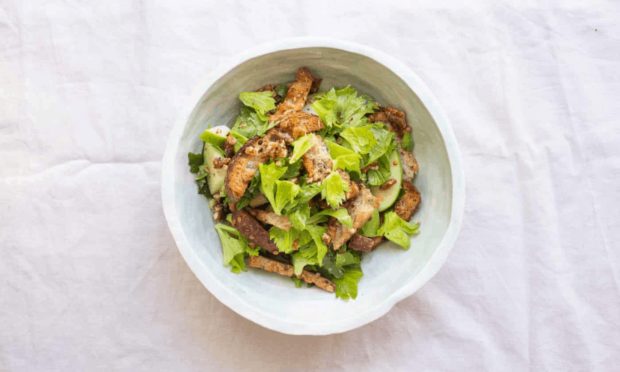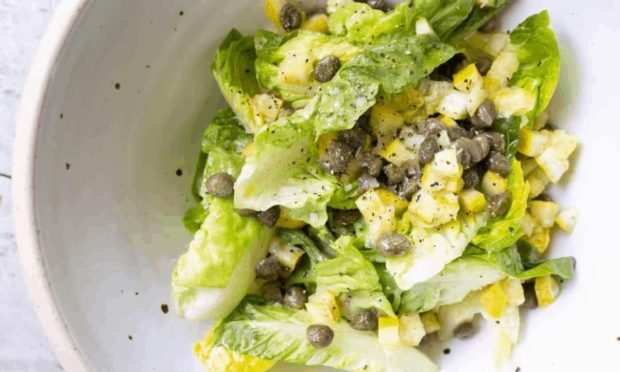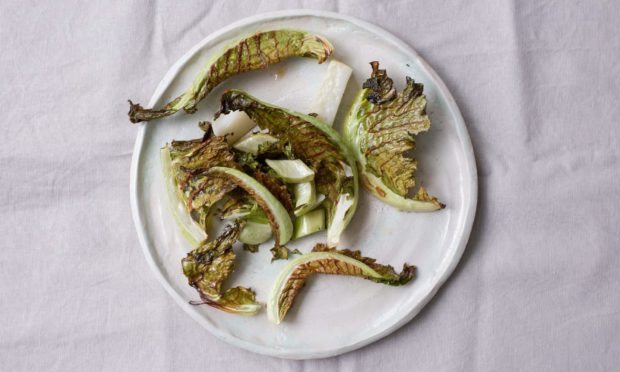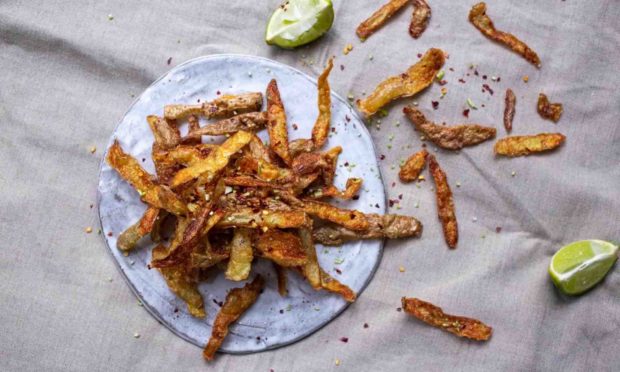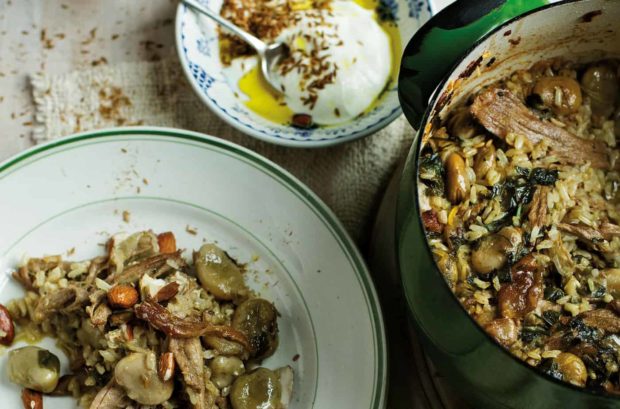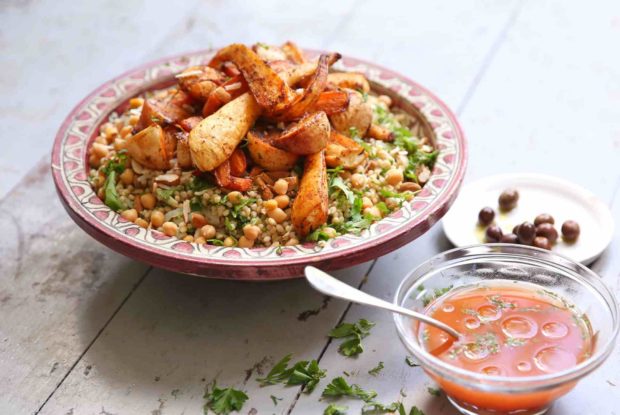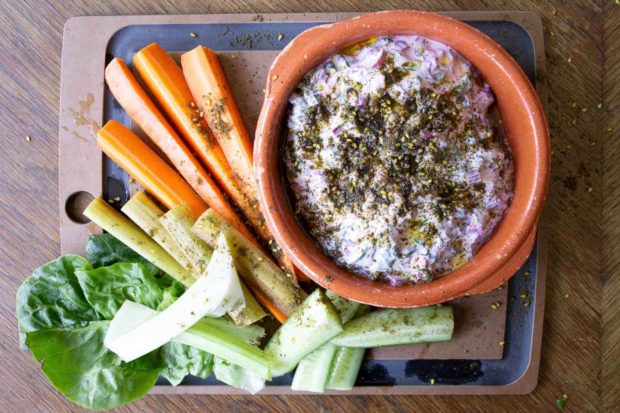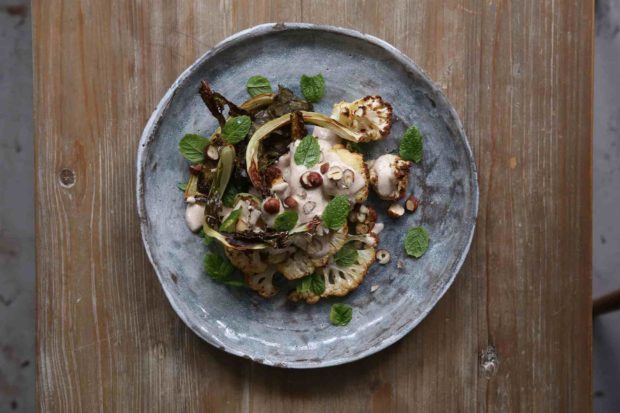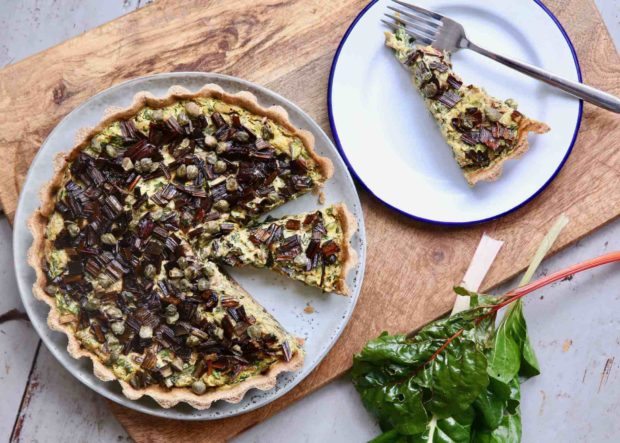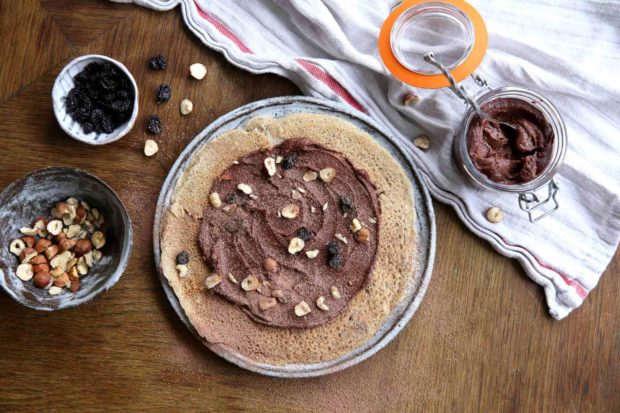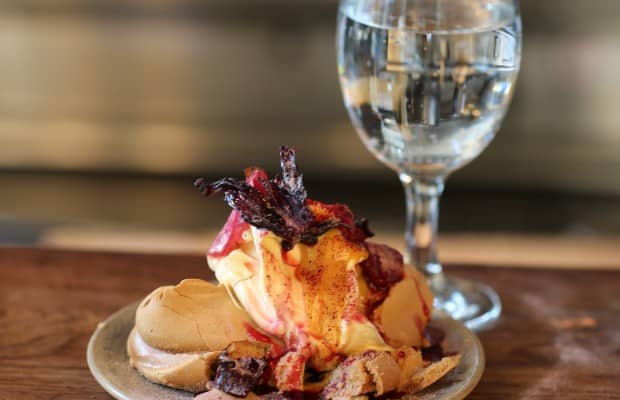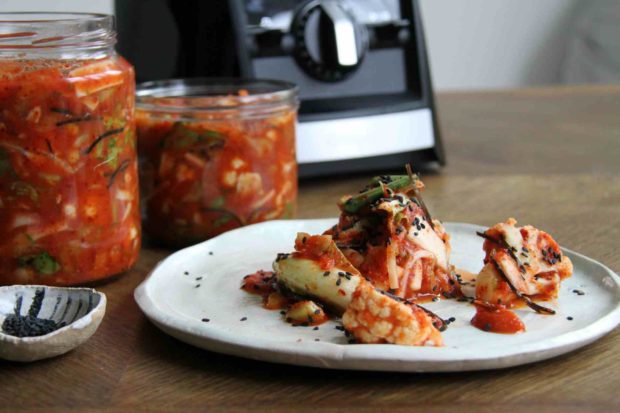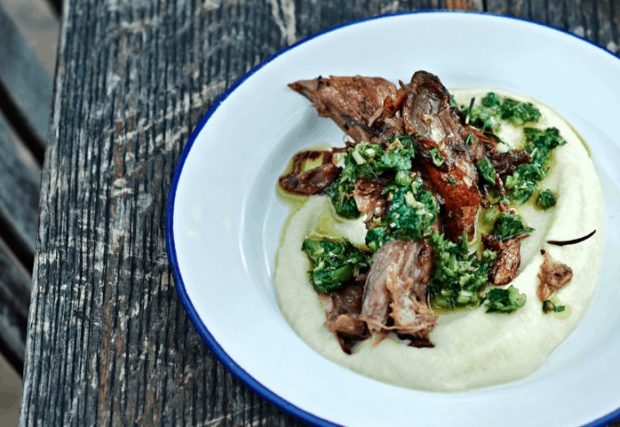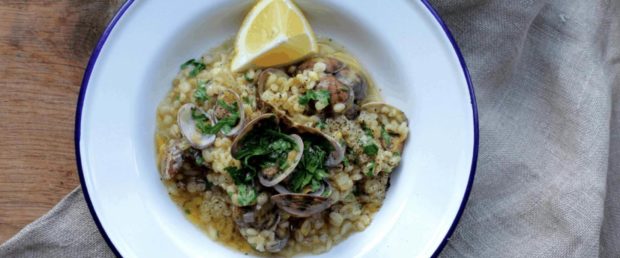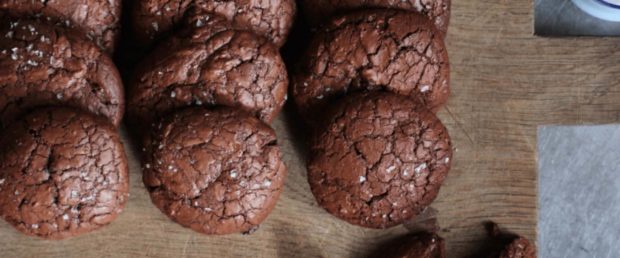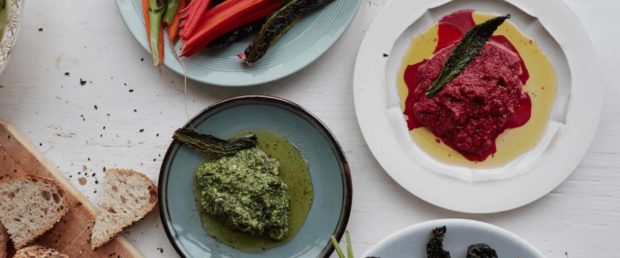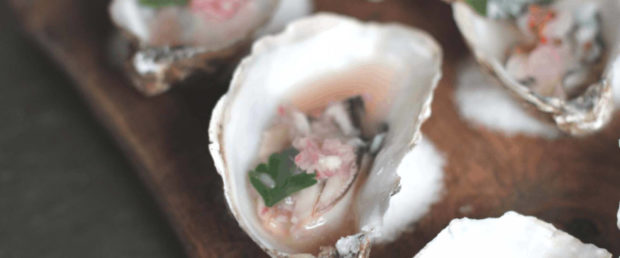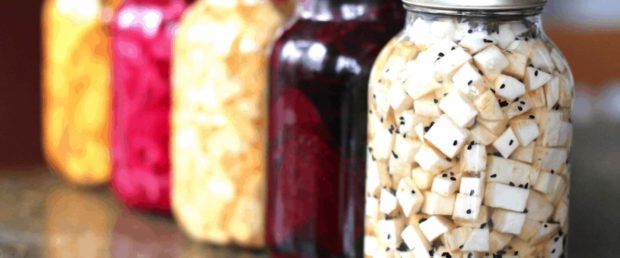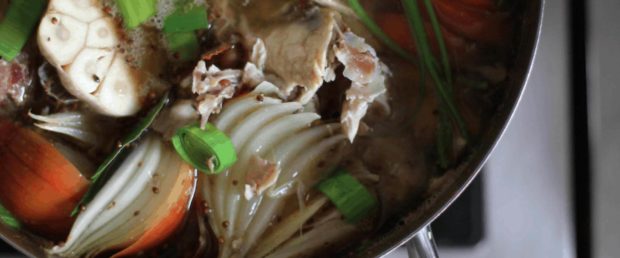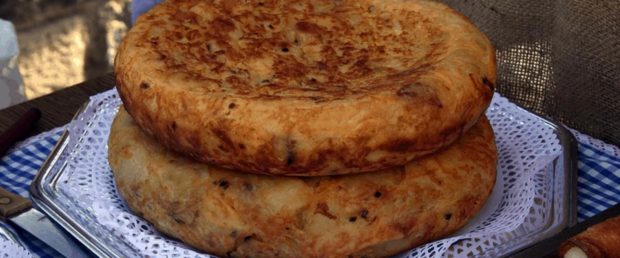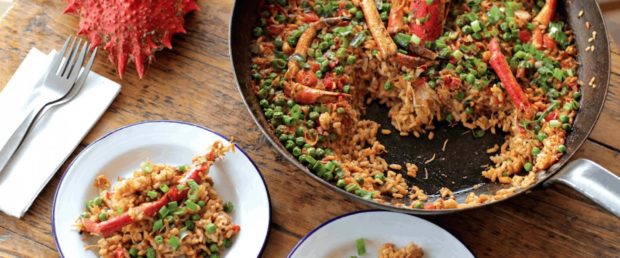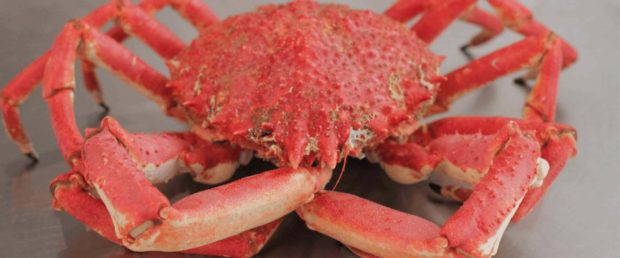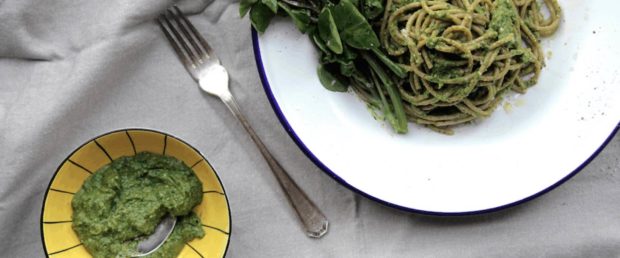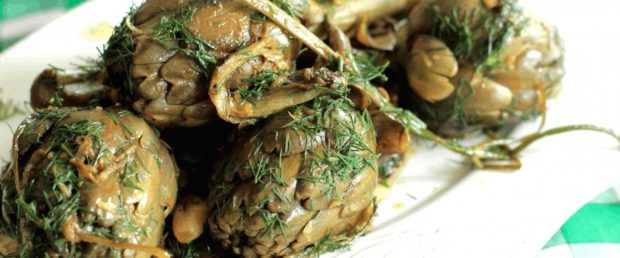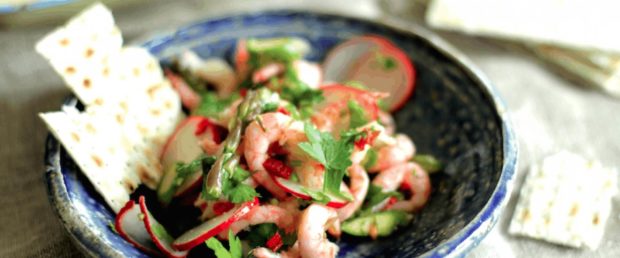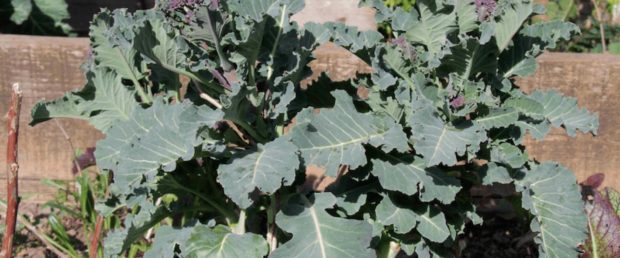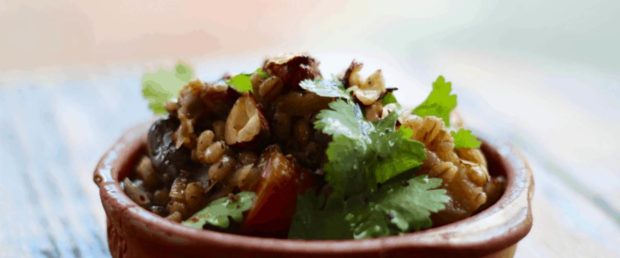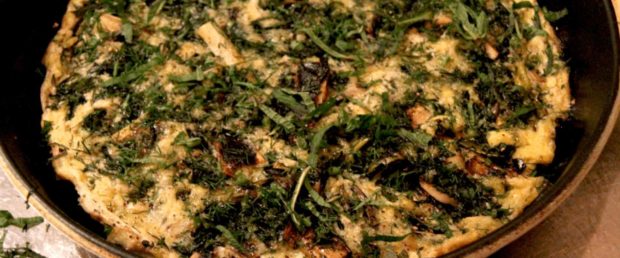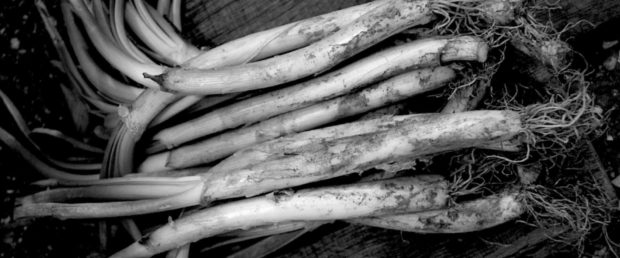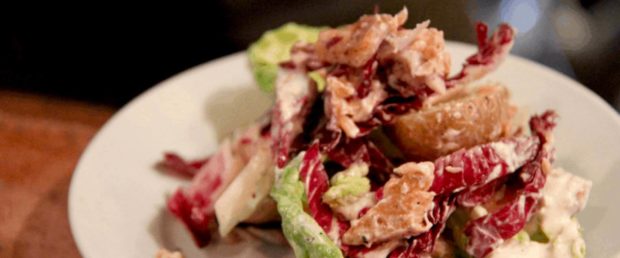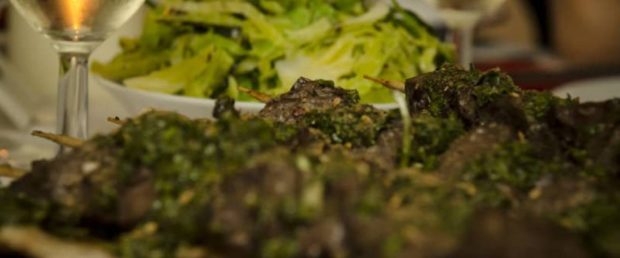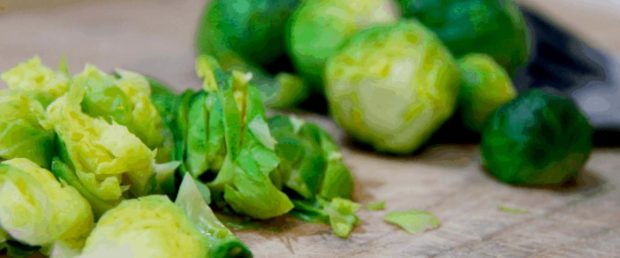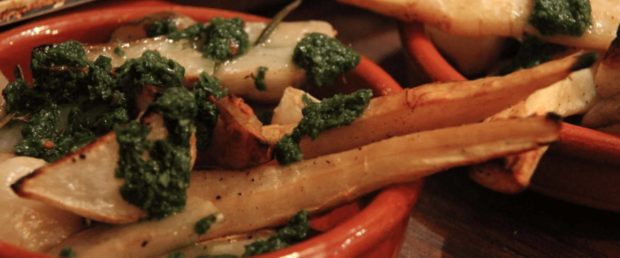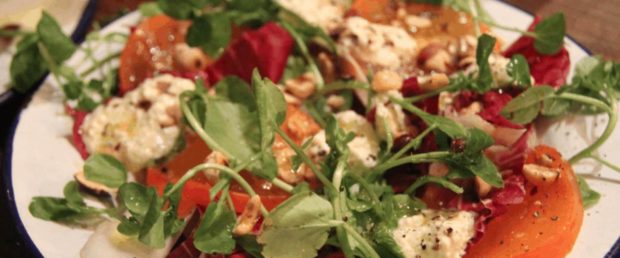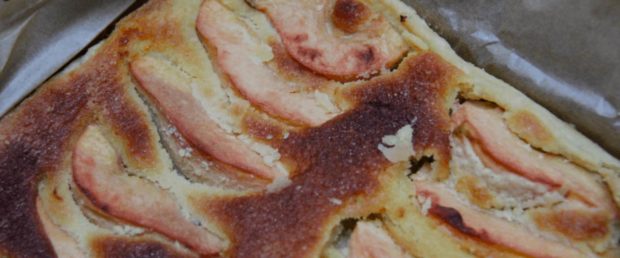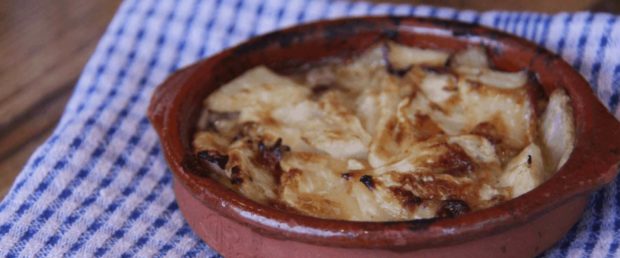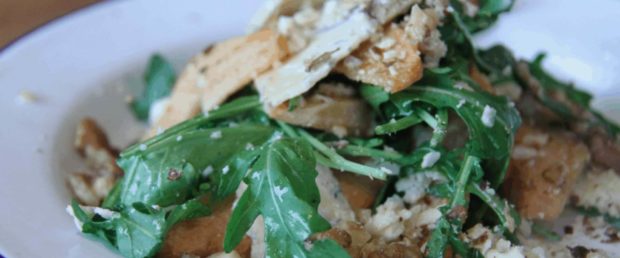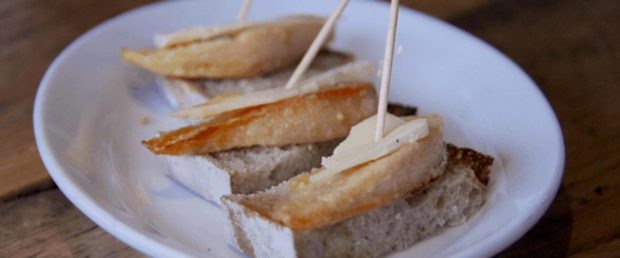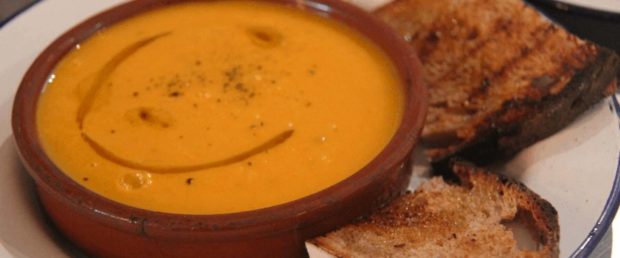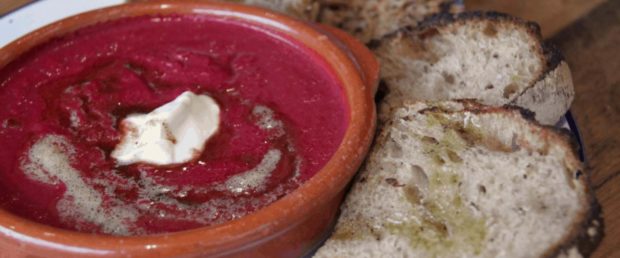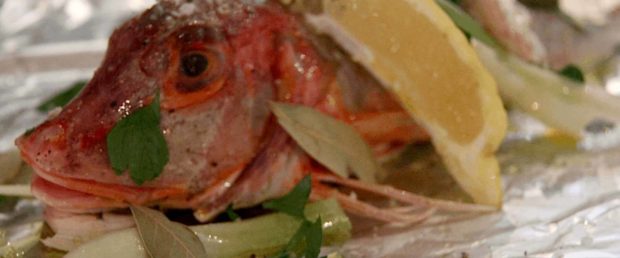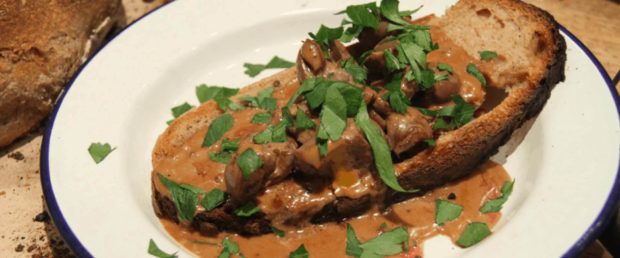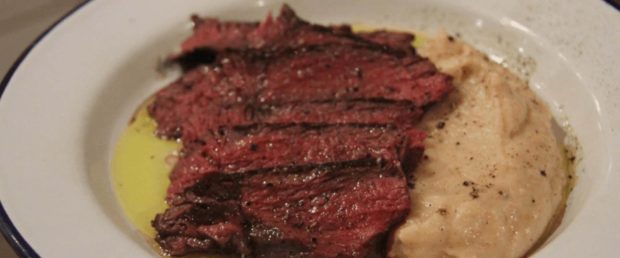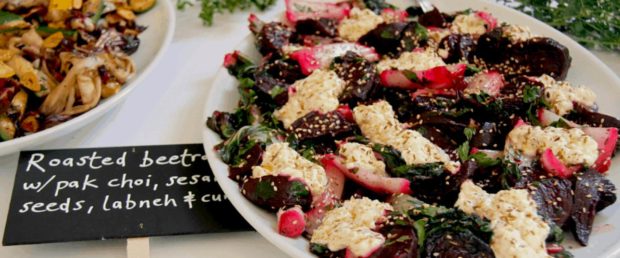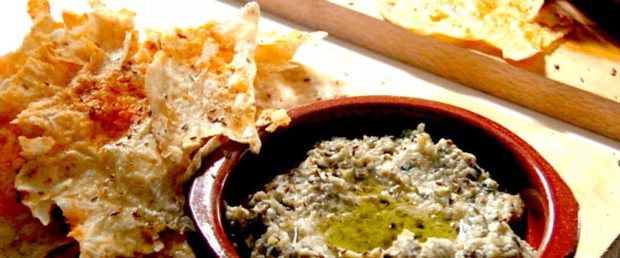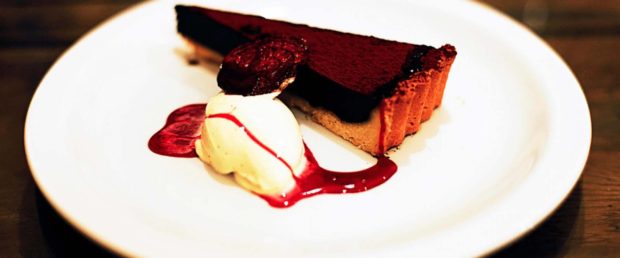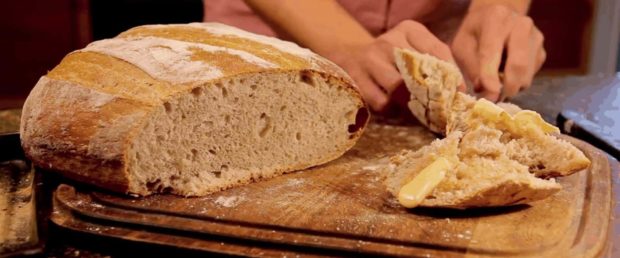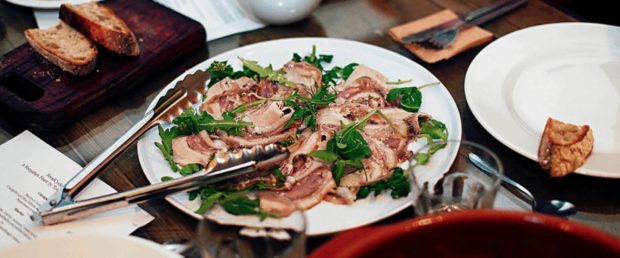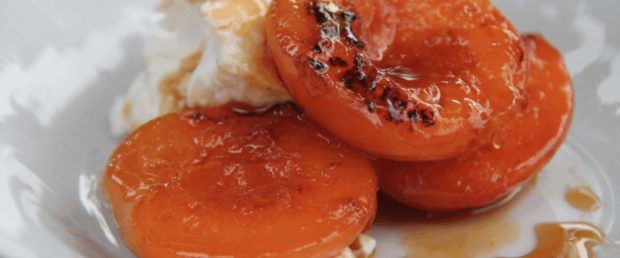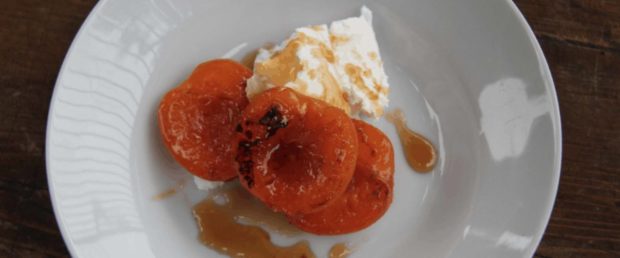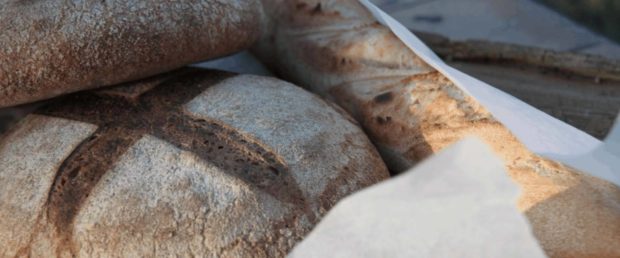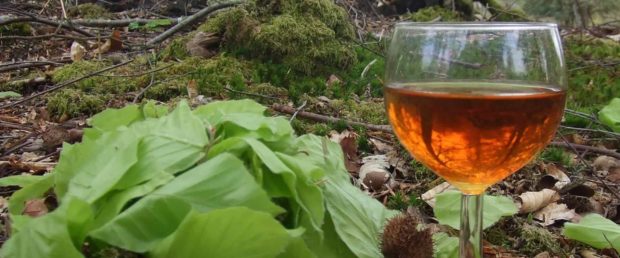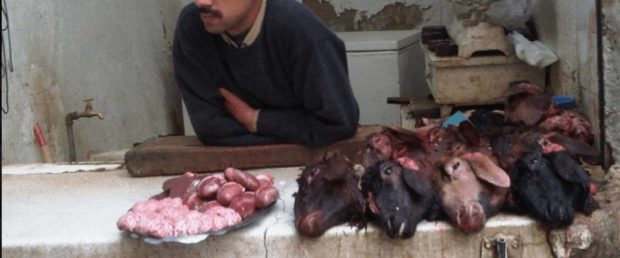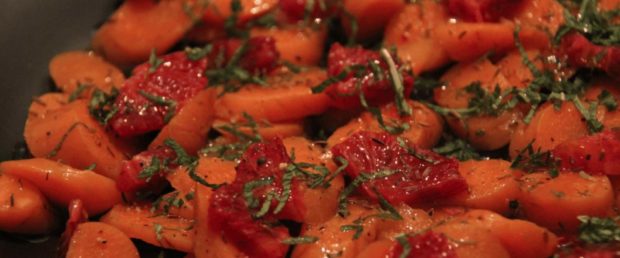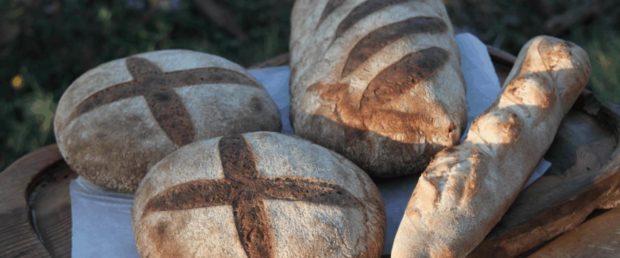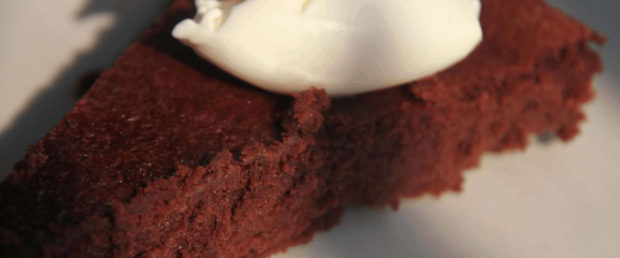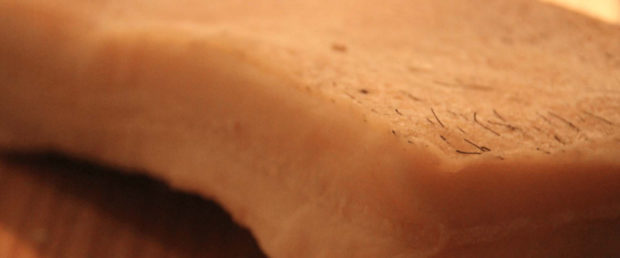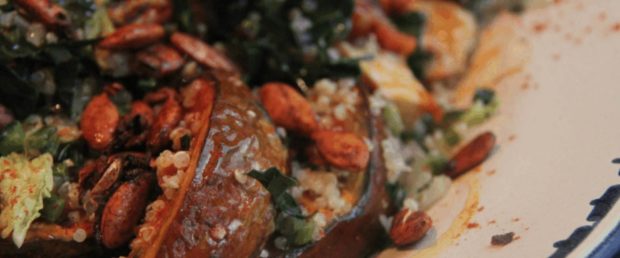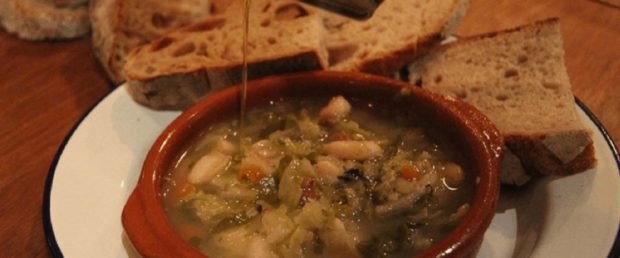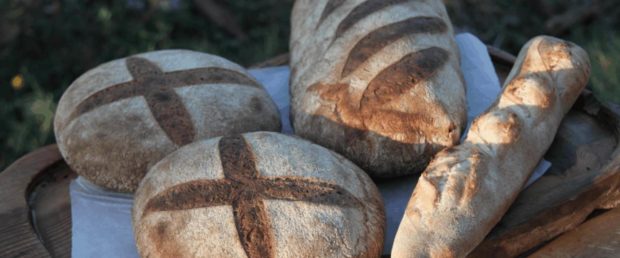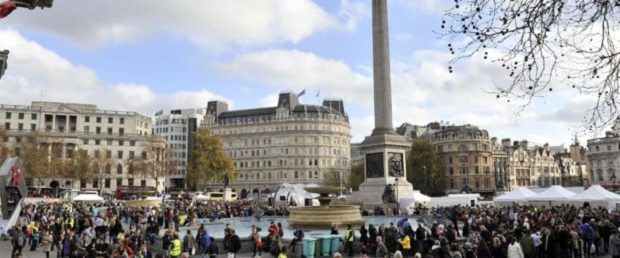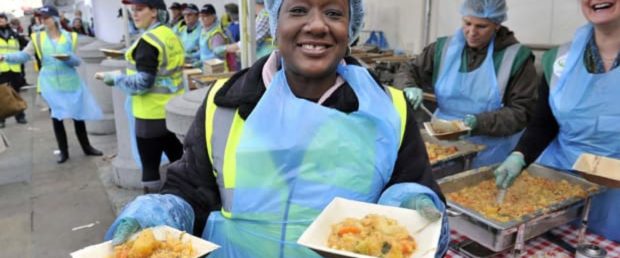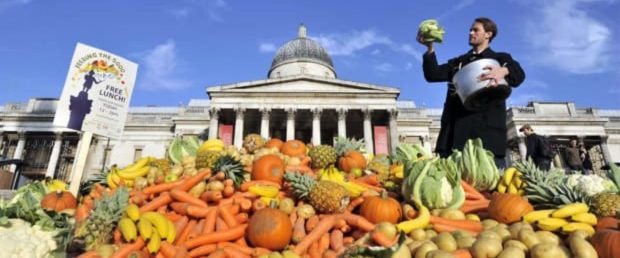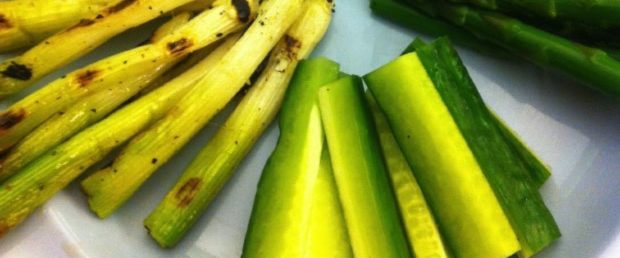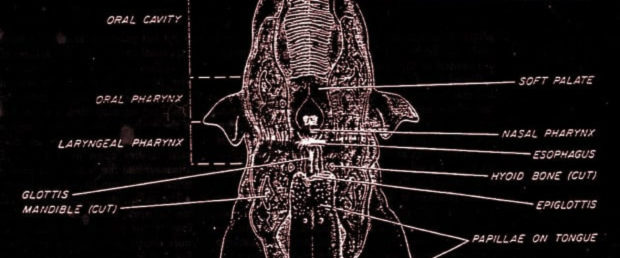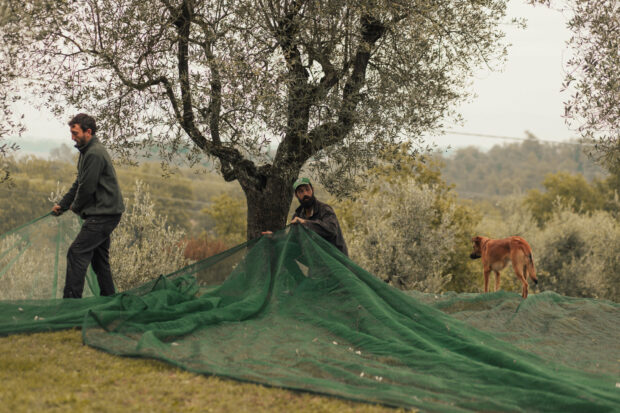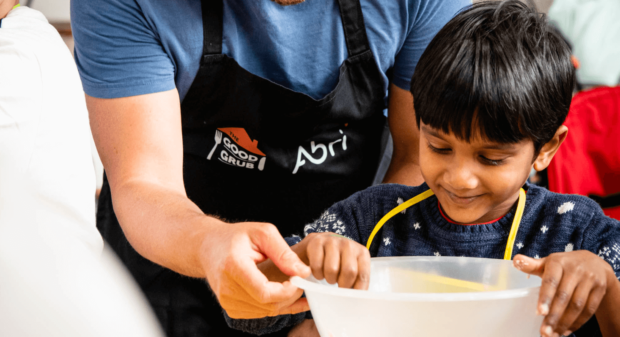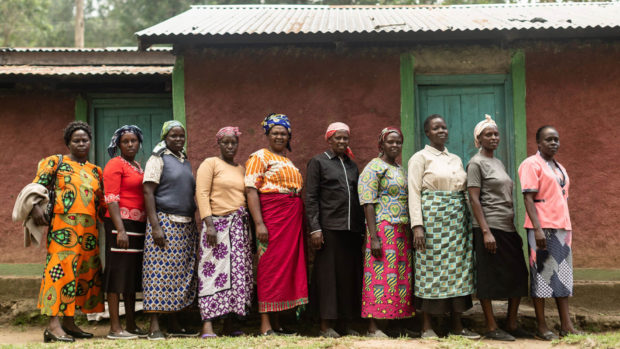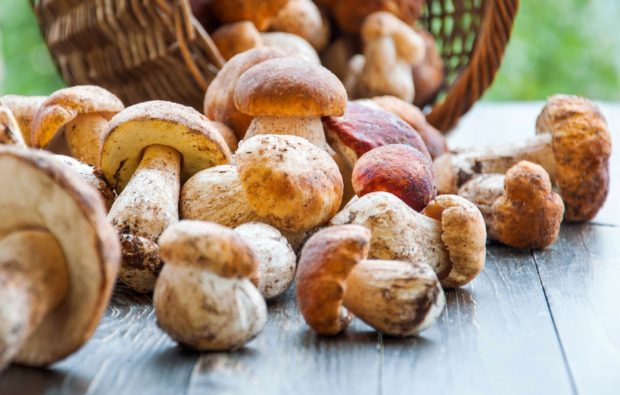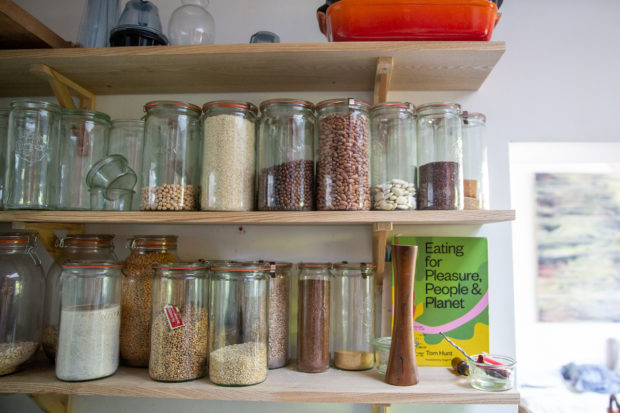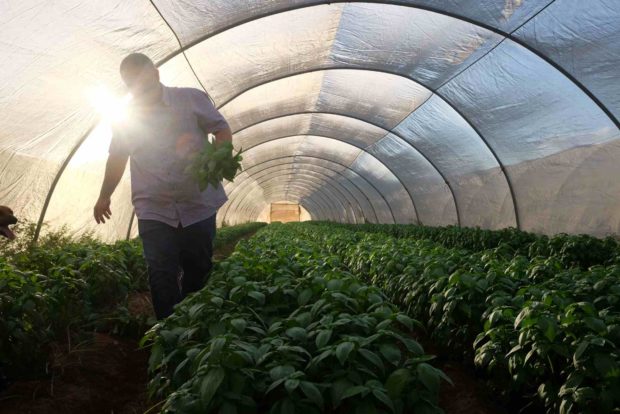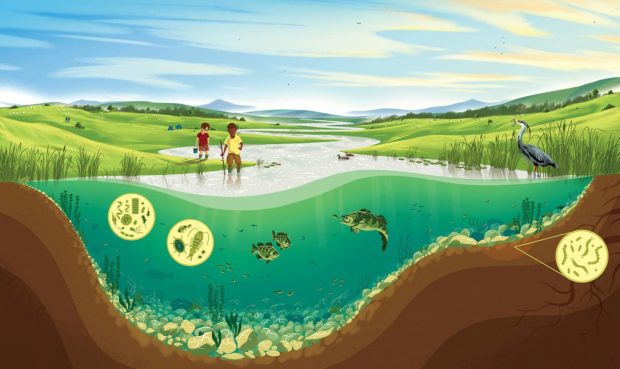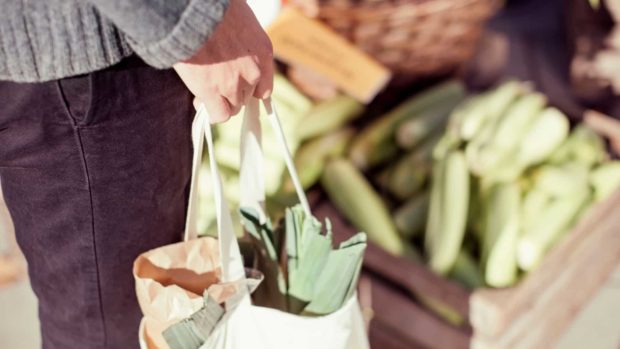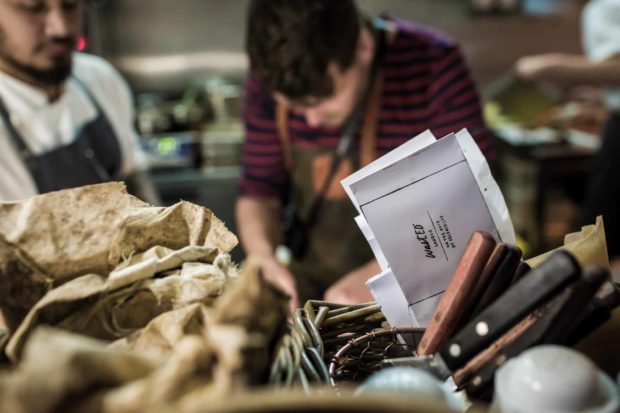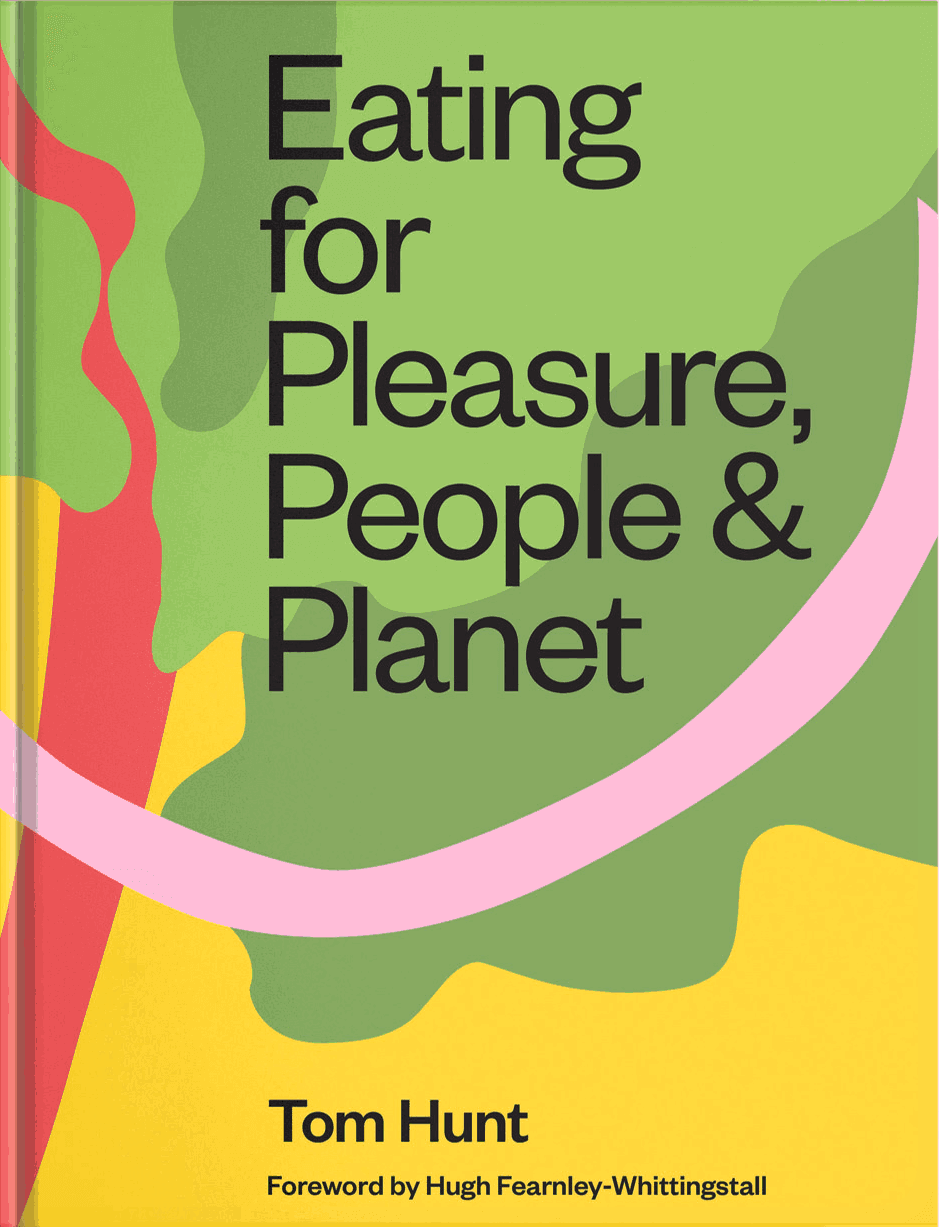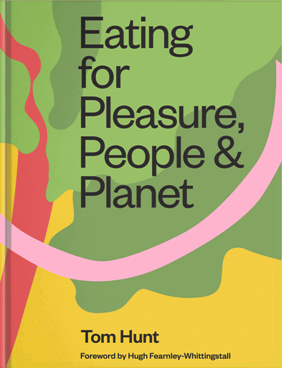Indie Farmer recently interviewed Tom Hunt, eco-chef and founder of award winning Eat Poco restaurants in Bristol and London to find out more about his business and wider views on the industry.
Photo taken by Neil White. Interview by Nigel Akehurst first published on www.indiefarmer.com.
What inspired you to become a cook and how did you get the name the Natural Cook?
My passion for cooking started as a young boy. My mum wouldn’t let me eat many sweets, so I soon figured out that if I made my own sweets that my mum would let me eat them. I’d spend afternoons cooking all sorts of pastries, from baklava to brownies. My grandmothers would teach me recipes and we’d cook all day. I started cooking professionally soon after university where I studied fine art. Whilst studying art I was suppressing a deep passion and need to cook, so as soon as I finished I headed to the city to become a chef and started working with a chef called Ben Hodges who later became my mentor and main inspiration for cooking good organic food.
I’ve become known as the Natural Cook through the title of my cook book and through being known as an eco-chef – I believe the ethics of our food is even more important than the way it tastes. Cooking from the perspective of creating a better environment creates a distinctive style of cooking which is seasonal and based on high quality ingredients cooked by local people with care and attention.
How important are issues such as food waste and ethical, local sourcing? Do you have a policy in place?
In my kitchen and businesses ethics are as important as making a profit. We have a triple bottom line that places people and the planet at the same level of importance as profit. Having this mindset makes decisions much easier. It doesn’t mean that profit is any less important to us than any other business, just that we won’t take any shortcuts to make it. We have many policies in place and a manifesto.
Here’s how we aim to buy our ingredients:
- Source all fresh produce within 50-100 miles of the restaurant
- Work with community projects, farms and small artisan producers
- 100% seasonal
- Buy organic
- Only buy fairly traded produce
- Vegetable led
- Cook with whole foods
- Be accessible to everyone
- Only use ingredients free from preservatives and colourings
- Source fish caught using sustainable methods from plentiful stocks as guided by the MCS
- Actively reduce food waste through monitoring and thoughtfulness
- Recycle and compost everything
Do you believe restauranteurs and chef are doing enough to shake the sector up re sustainability?
It’s interesting to question a chefs role in society and what there responsibilities are. Every business or chef has their own significant impact on the environment and can create change from their establishment no matter how small. However not everyone can shake up the industry and pioneer sustainability. Some chefs simply want to cook nice food and see the smiles on peoples faces as they eat it, while others want to help create change. Both are admirable of course but I think it would be ignorant for a chef of any significance to ignore the responsibility they have as a business person and opinion former to act with concern for the environment and people involved in the production of the ingredients they use to make their food. Unfortunately too often, people do forget or ignore this responsibility and prioritise profit over the ethics of their business. I’d like to see more chefs acknowledging this and acting with good intent.
With millennial’s increasingly spending their money on more ethical products and services does this signal the end of the superchef era?
I’m sure that chef’s will continue to grow in popularity. As Michael Pollan says the less we cook the more we watch cooking on telly. Its a strange phenomenon but it makes sense in a way… Perhaps watching cooks on telly fills our primal urges to cook. Chefs are adapting and continuing to act more ethically in their restaurants.
Congratulations on opening your new restaurant in London. How does it differ to Poco in Bristol and can you give us a taste of what’s coming up on the menu?
We’ve just opened our second restaurant Poco in Hackney London. We’ve updated the menu but it is the same as our Bristol branch with a few regional variations depending on what ingredients are available locally. Perhaps surprisingly we have an incredible list, independent, organic suppliers businesses and community farms in the East of London to source our ingredients from. My favourite supplier is Growing Communities, its an organic farm on ex-council land in Dagenham run by Alice Holden. We often have specials on the menu to showcase their produce. Another of our best suppliers is Soleshare, a community supporting fishery scheme run by Theresa Douthwright. We receive day fresh fish from them with transparency about how that fish was caught, and by whom with assurance they were paid properly for their catch.
What is it you look for in a new supplier?
What I look for in a supplier is accountability and transparency. Because of our environmental policy we need extensive information on the ingredients we purchase. If we can buy direct we will, if not then I will rely on accreditation bodies like the soil association and fair trade.
What’s next? A Poco in Brighton? Are you bringing out a follow up book to The Natural Cook?
We would like to open another Poco next year in London or Brighton. But we’d like to expand slowly and make sure we hold onto the ethics of our business which are so important to us. I’m also focusing on my writing. I currently write articles for Borough Market and a website called Fish on Friday. I am currently working on a book proposal for a second book, which will of course be seasonal.
